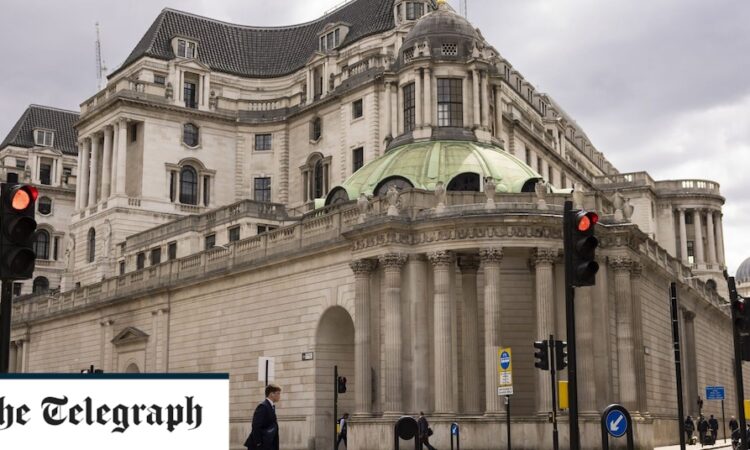
Still, it has at least cheered some. Diehard supporters of Liz Truss, the last prime minister, have scarcely been able to disguise their glee.
Interest rates as high as this doomed the Truss premiership – yet here we are, with the “grown ups” seemingly back in charge, but with interest rates surging anew.
Lizzie redeemed, then? Sorry to disappoint, but this doesn’t mean she was “right all along”.
Far from it. Economics 101: you do not forgo all outside advice to announce £45bn of unfunded tax cuts into an already rampant inflationary environment, and then further set alarm bells ringing by saying there’s a lot more where that came from.
Far from vindicating Truss’s fiscal radicalism, the latest surge in interest rates only goes to show just how precarious the UK’s fiscal position, and its vulnerability to inflationary shocks, really is.
I followed the events around last autumn’s mini-Budget in some detail, and I can tell you that the biggest fright was a little-reported announcement from the Debt Management Office (DMO) that the measures would require an additional £72.4bn of gilt and Treasury bill funding for that financial year alone.
This was a huge, 45pc increase over and above the DMO’s previous estimate, and far more than the markets were prepared to absorb.
It’s true that some of the projections for what the Government’s energy price guarantee might eventually cost were way over the top, and therefore unduly alarmist, but they were only based on what gas futures prices were telling us at the time.
Nobody could have anticipated the very mild winter that then ensued, allowing Europe sufficient time to establish alternatives to Putin’s gas supplies. This in turn has taken the pressure off prices.
Maybe Truss was indeed blessed with such vision, but I doubt it, given the ruinously high contract price that was very nearly agreed to for additional long-term supplies from Equinor, the Norwegian gas producer, at the height of the crisis.
If such a contract had ever been signed, the country would have been well and truly stuffed.
The idea that Truss was the victim of some kind of Remainer establishment plot is, I’m afraid to say, just a lot of paranoid nonsense.
And so to where this leaves the Bank of England. With its credibility shot to bits, it needs to fully own up to its mistakes and announce a detailed plan for ensuring it doesn’t happen again.
There was something of a mea culpa from Andrew Bailey, the Bank’s Governor, last week, but he needs to go much further. The “experts” got it badly wrong, and in so doing have provided fuel for those who argue that the politicians could do a much better job.
Quantitative easing has blurred the borders between fiscal and monetary policy in recent years, making the whole idea of central bank independence seem a bit of a charade.
Even so, it is important that the principle is maintained, or we’ll end up like Erdoğan’s Turkey, where monetary policy is overtly determined by political whim and the demands of the ballot box. Gilt yields above those of Greece would then be par for the course.
Whatever the mistakes of the Bank of England boffins, they are unlikely to be as bad as vote-hungry politicians.
The problem is not so much independence as lack of accountability and outsider scrutiny.
We’ve ended up in a terrible mess, with an inflationary problem that has crippled the public finances as much as it has struggling households and the wider economy. Heads should roll, but they won’t.






